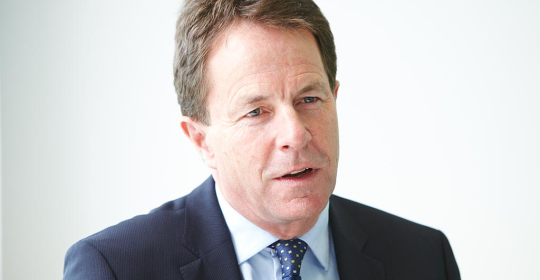No one can refute the concept of pay fairness for women, and yet the gender pay gap is still far too high. It’s not just about equal pay for equal work; according to the Office for National Statistics (ONS), women in the UK earn 13.1% less than men overall. It’s great that companies employing 250 people or more in the UK must report their gender pay gap statistics. However, only 0.2% of companies fall into this category. Therefore, it’s important that the onus of bridging the gender pay gap is a concern of all employers.
According to the Financial Times, male graduates are quick to earn more than their female peers, with a median annual salary of £34,700 five years after leaving university. This is 14.1% above the £30,400 figure for women. So, what is causing the pay gap to start so early in women’s careers, why does it persist and what can organisations do about it?
The gender pay gap is deep rooted
The gender pay gap begins even before women start work, caused by a mix of structural, systemic and societal factors. Societal gender roles influence both educational and career choices from a very early age, which has led to occupational segregation, with women disproportionally represented in lower-paid jobs. This includes roles such as care, cleaning, catering and administration. Men are often in higher paid jobs, such as finance, professional services, engineering and technology.
Throughout their working lives, women are also disadvantaged because they are more likely to take career breaks or reduce their working hours for unpaid caregiving and parenting than men. This can lead to slower progression, less opportunity for promotion and lower lifetime earnings.
For women wishing to progress into leadership roles, the glass ceiling still exists, with The Guardian citing that there are only 10 female CEOs in the FTSE 100.
There’s plenty that every employer can do right now
With many job types and industries still failing to attract women, getting involved early is a great idea. For example, in school programs, career fairs, or employer outreach programs, such as Youth Employment Week.
It’s vital to ensure that for every single role in your organisation there is pay transparency by providing clear pay bands. Beyond this, there should be criteria within each band that determines actual salary.
Men are far more likely than women to ask for a salary increase, or to negotiate when one is on the table., so make it the norm to have open conversations about pay, salary increases within a role salary increases with promotions and any other pay related issues, such as bonuses or commission structures.
Every organisation has different pay gaps across its different roles, so it’s important to conduct regular pay gap audits in order to determine specific areas of focus.
Make gender neutrality a part of your entire recruitment process - from job descriptions and interview questions through to removing bias in interview panels.
Support flexible, family-friendly and inclusive working practices for all genders.
Make sure that part-time workers, the majority of whom are women, are not penalised when it comes to salary increases or career progression.
Ensure that progression opportunities are equally available to women, with plenty of mentoring, coaching and networking opportunities, along with management and leadership programmes specifically targeted at women. It’s also key to set targets for female representation at the most senior levels and hold leaders accountable for progress.
Introduce returnships for those returning to work after a career break, or a change in career.
Make sure that your culture is truly inclusive and supportive of overall employee well-being. and does not exist in the dark ages of the always-on culture, where presenteeism over productivity is rife and working unreasonable hours is encouraged.
Provide networking opportunities that are suitable to all, with timings, locations and activities that encourage women to participate. Let’s give weekend golf days and late-night drinks a miss.
Good for your brand. Good for your business.
Employers that are actively working towards closing the gender pay gap will have a stronger employer brand overall, which is always good for business.
Being upfront about your commitment to bridging the gender pay gap helps with talent attraction and retention. Many women seek out employers that pay them equitably, and stay longer with those who do.
It also improves employee morale and productivity. When people are paid fairly, they feel valued and respected, which has an impact on job satisfaction, engagement and motivation, leading to higher productivity and better performance.
Actively addressing your pay gap strengthens your employer brand and reputation. This is because employers with smaller or no gender pay gap are seen as being progressive, socially responsible and trustworthy by employees and customers alike.
Every organisation has a role to play in bridging the gender pay gap, and ensuring workplaces are fair and equitable for all. With talent attraction and retention being a challenge across all industries in the UK, ensuring that women’s skills, knowledge, experience and expertise are fully valued is the way forward.






